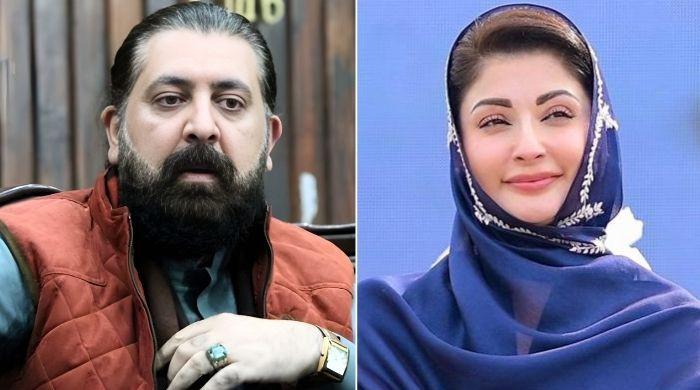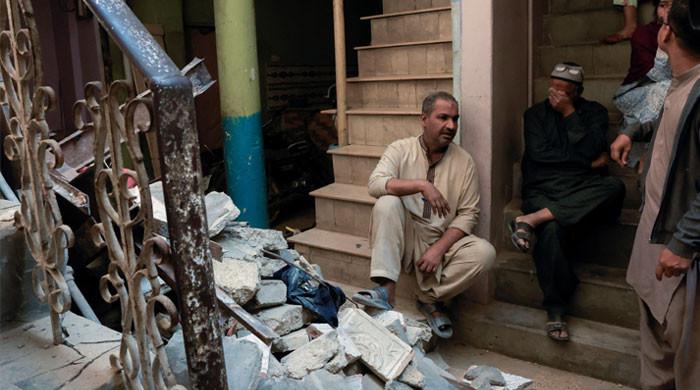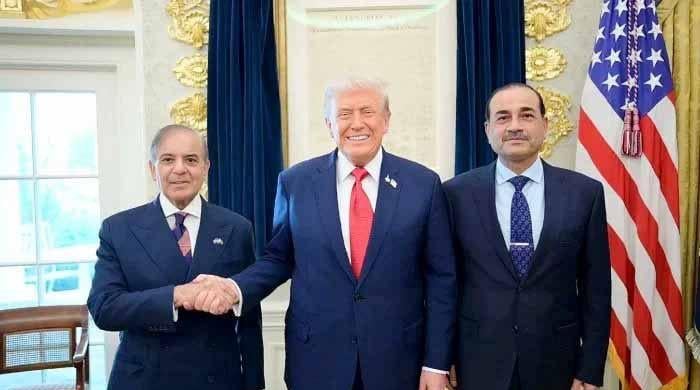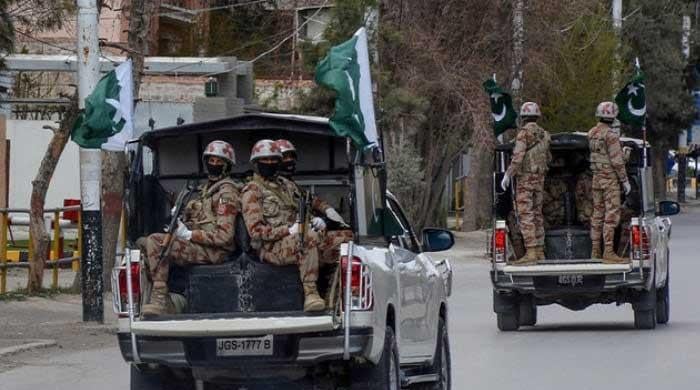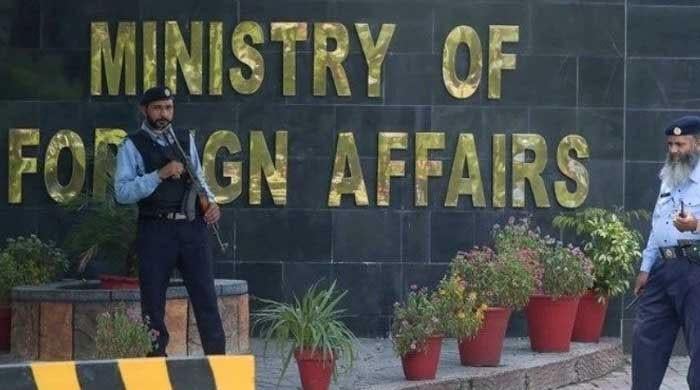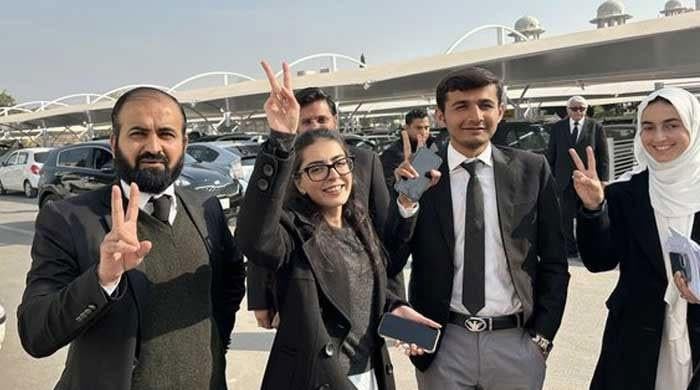Court sentences university lecturer Junaid Hafeez to death on blasphemy charge
The academic had been accused of committing blasphemy on social media
December 21, 2019
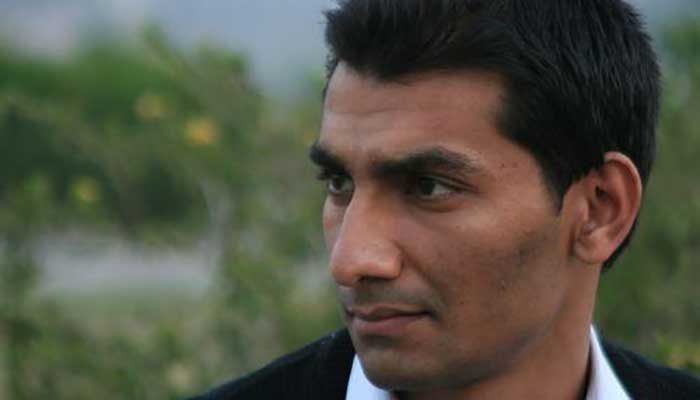
A district court in Multan on Saturday sentenced academic Junaid Hafeez to death on a blasphemy charge.
In 2013, Junaid Hafeez, a 26-year-old Fulbright scholar who had been employed as a lecturer at a university in Multan, was arrested on blasphemy charges. The charges against him included “liking” an allegedly blasphemous Facebook page.
Hafeez’s sentence was announced in Multan, where he had been a university professor at the time of his arrest. His lawyer slammed the decision as "most unfortunate".
"We will appeal against this verdict," his counsel told AFP.
The sentence was announced under Sections 295-A, 295-B and 295-C of the Pakistan Penal Code.
Section 295-A deals with "deliberate and malicious acts intended to outrage religious feelings of any class by insulting its religion or religious beliefs," Section 295-B concerns the "Defiling, etc., of Holy Qur'an", whereas 295-C deals with the "use of derogatory remarks, etc., in respect of the Holy Prophet."
The court, in its short order, wrote that all sentences handed to Hafeez shall run consecutively and the accused will not be entitled to the benefit of Section 382-B (reduction of period of sentence of imprisonment) of the Criminal Procedures Code "because in case of blasphemer, this court has found no circumstances for taking lenient view and it is also not permitted in Islam".
Police had accused Hafeez of running and disseminating blasphemous content from a Facebook page. However, the page had remained active even after fourteen months of his arrest.
Fear and intimidation
After legal experts refused to contest Hafeez's case, the Human Rights Commission of Pakistan's (HRCP) Multan coordinator, Rashid Rehman, had agreed to take it up.
Facing immense pressure, Rehman had made an application to the Lahore High Court (LHC), requesting that the trial be moved to Lahore given the hostile environment in Multan and the threats to the lives of Hafeez and himself.
The LHC had refused the application, stating there is “no material in support of the apprehension expressed on behalf of the petitioner” and that they should approach the police in Multan for protection.
Unidentified assailants had killed Rehman in his office in May 2014.
"The prospect of Hafeez getting even a semblance of fair trial came into question when his counsel Rashid Rehman was brutally murdered inside his chambers," Hafeez's family said in a written statement issued after the verdict.
"Those involved in the murder were never apprehended. Rehman's murder resulted in a wave of fear, putting off other lawyers from taking up his defence.
"The failure to apprehend those who shot Rehman dead signalled impunity for other would-be vigilantes. Could any judge in such circumstances take the risk of doing justice? Those who could were transfered from the district or brought under pressure by groups of lawyers operating as mafias," the family said.
"An appeal in the high court will be filed soon against the verdict and hope that justice will be served without delay," it said.
"In five years, at least eight judges have heard Hafeez’s case, making a fair trial virtually impossible," the HRCP wrote in response to the verdict.
"Meanwhile, he [Hafeez] has undergone six years’ imprisonment in solitary confinement. Aasia Bibi, who was charged similarly, was acquitted after eight years’ incarceration. There are grave implications here for access to justice in such cases.
"HRCP reposes its faith in the higher judiciary and hopes that the verdict will be overturned in appeal."
Academic high-flyer to blasphemy accused
Hafeez got the top position in the intermediate exams held in 2003 and received a gold medal for his outstanding performance.
He later got admitted to King Edward Medical College in Lahore to study medicine but left the institution within two years without completing his MBBS due to his interest in art and literature.
In 2009, as a Fulbright Scholar, he spent a year at Jackson State University in Mississippi, studying theatre, photography and English literature.




